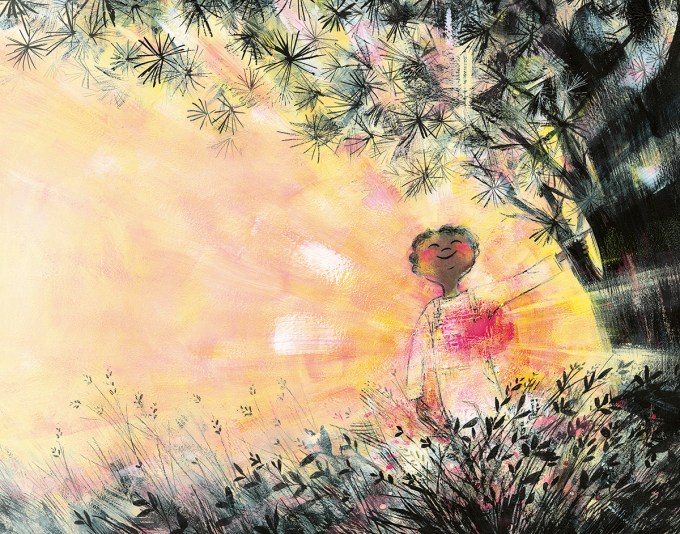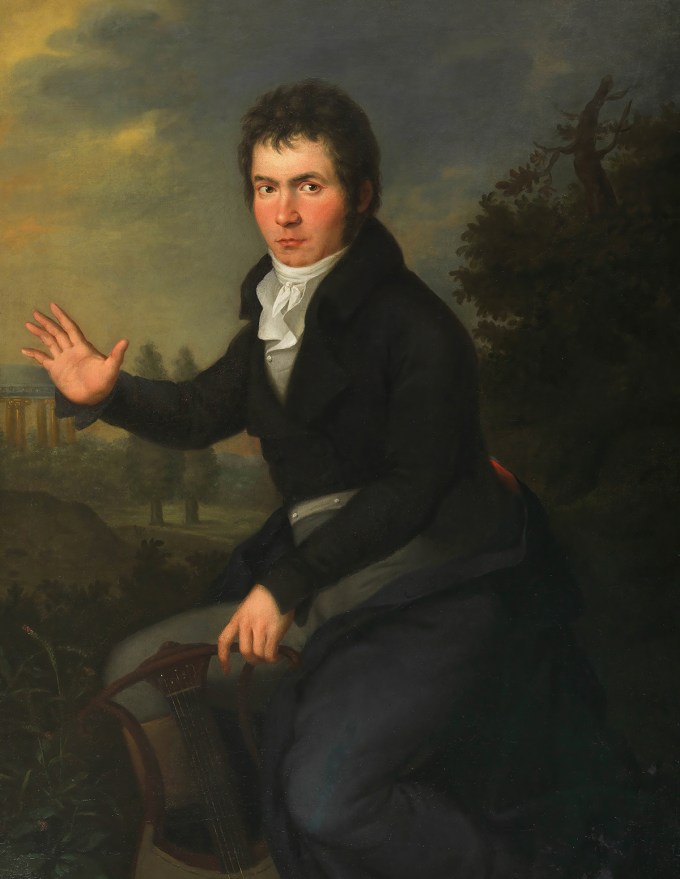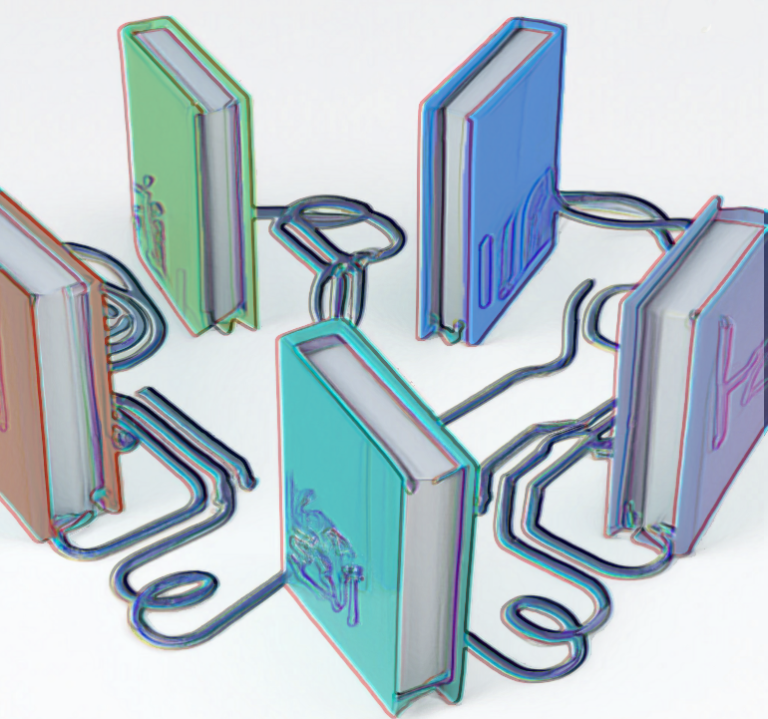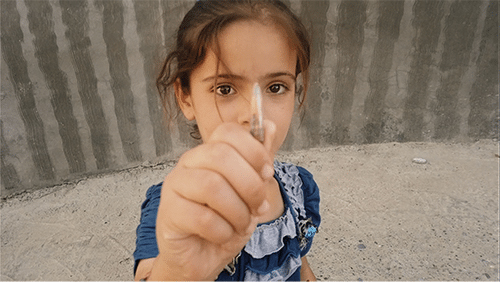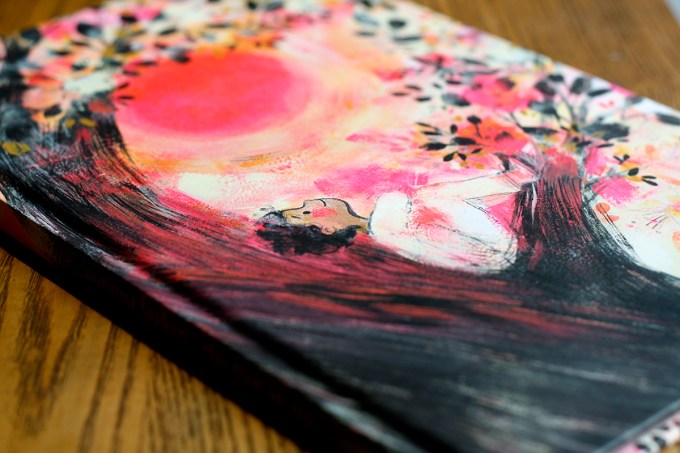
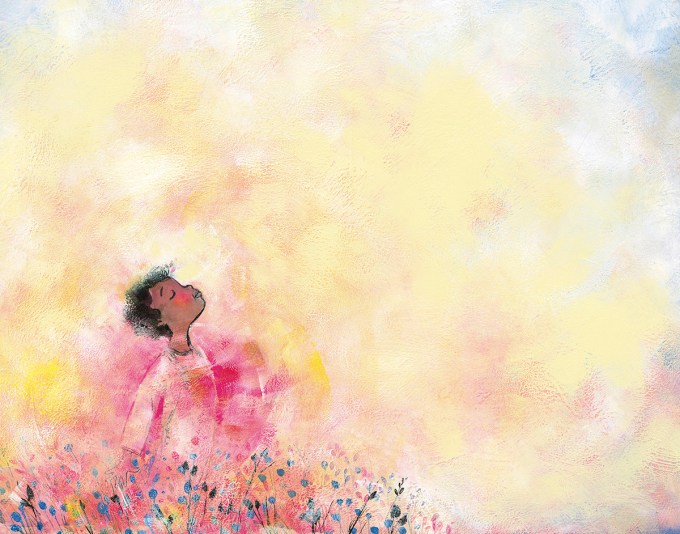
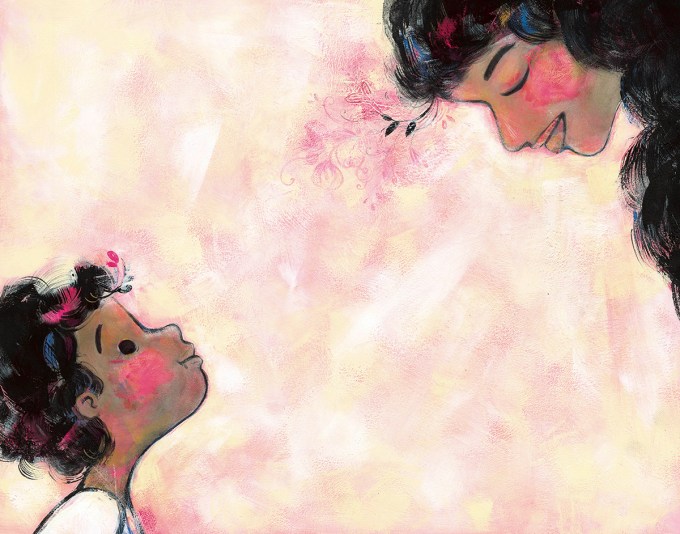
Walt Whitman, who considered trees the profoundest teachers in how to best be human, remembered the woman he loved and respected above all others as that rare person who was “entirely herself; as simple as nature; true, honest; beautiful as a tree is tall, leafy, rich, full, free — is a tree.”
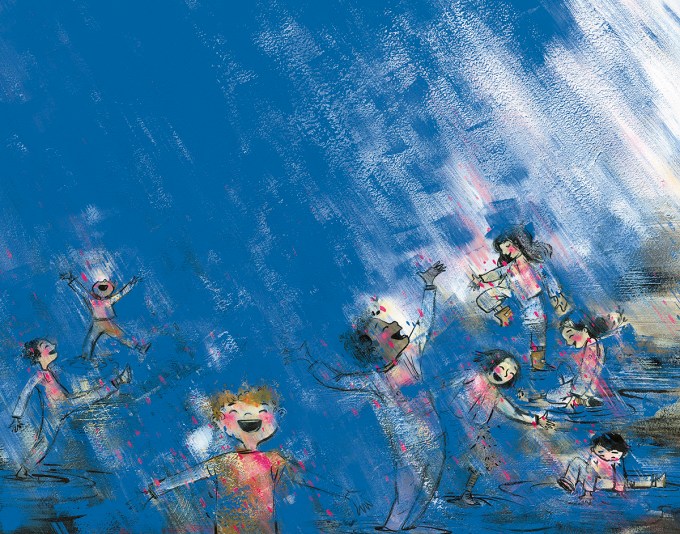
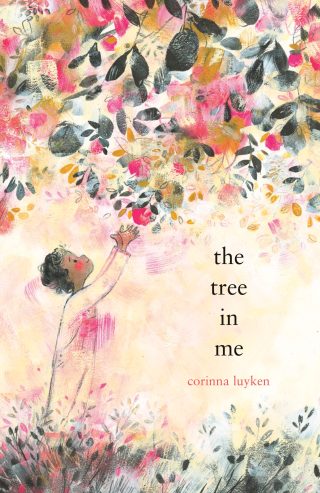
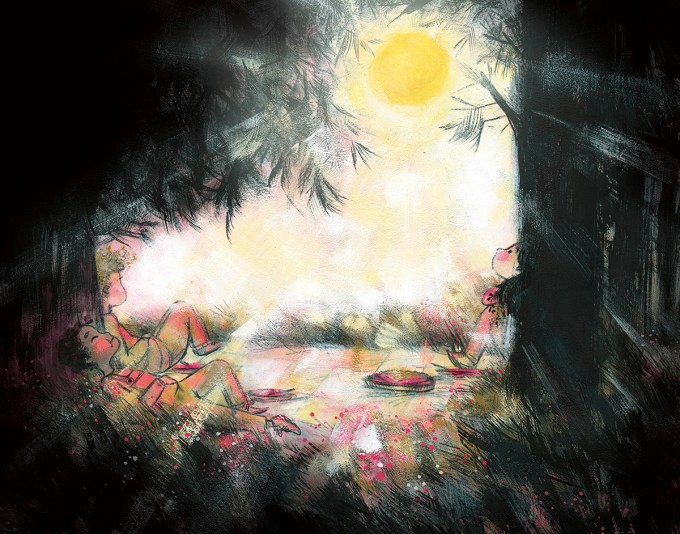
At the outset of what was to become the most challenging year of my life, and the most challenging for the totality of the world in our shared lifetime, I resolved to face it like a tree — a resolution blind to that unfathomable future, as all resolutions and all futures tend to be, but one that made it infinitely more survivable. I was not the only one. Humans, after all, have a long history of learning resilience from trees and fathoming our own nature through theirs: Hesse saw in them the paragon of self-actualization, Thoreau reverenced them as cathedrals that consecrate our lives, Dylan Thomas entrusted them with humbling us into the essence of our humanity, ancient mythology placed them at its spiritual center, and science used them as an organizing principle for knowledge.
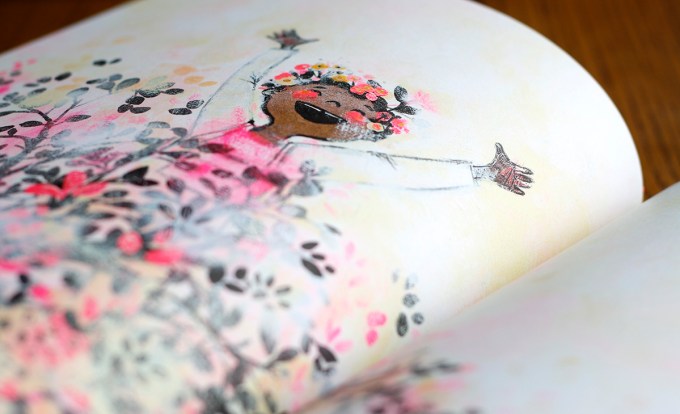
Because there is
a tree,
and a sky,
and a sun
in me,
I can see
that there is also
a tree
in you.
As the child looks up to face a young woman — who could be a mother or a sister or a first love or the school janitor or the Vice President — the book ends with a subtle affirmation of William Blake’s timeless tree-tinted insistence that we see not what we look at but what we are.
The singsong verses follow the protagonist — an everychild of ambiguous age, gender, and ethnicity — along a joyful journey of self-discovery, self-understanding, and self-appreciation through warm identification with various aspects of a tree: its irrepressible lushness, the effortless grace with which it bends without breaking, how it is constantly negotiating darkness and light, how it exists in exquisite interdependence with the rest of the living world.
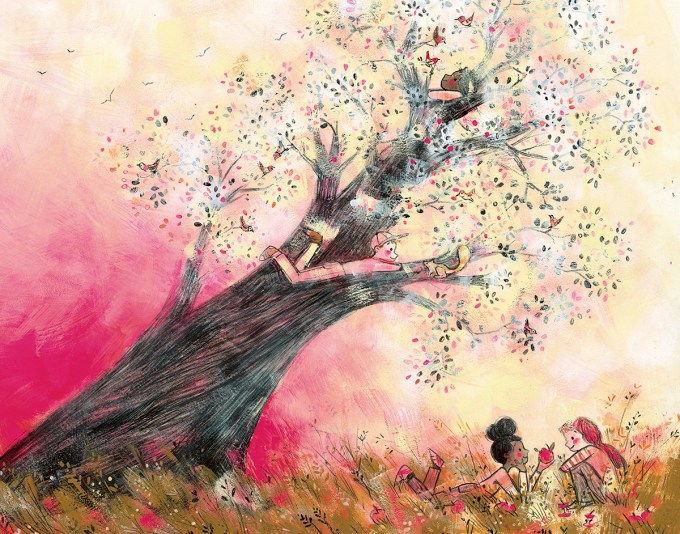
Couple The Tree in Me with The Day I Became a Bird — a kindred illustrated meditation on learning to let ourselves be seen — then revisit D.H. Lawrence on trees, solitude, and how we root ourselves when relationships collapse and Mary Oliver’s short, shimmering poem “When I Am Among the Trees.”
There is a lovely visual nod to one of the most revelatory and paradigm-shifting scientific discoveries in our lifetime — the astonishing mycelial web by which trees communicate with each other underground, a discovery that may be nature’s loveliest metaphor for the secret of love.
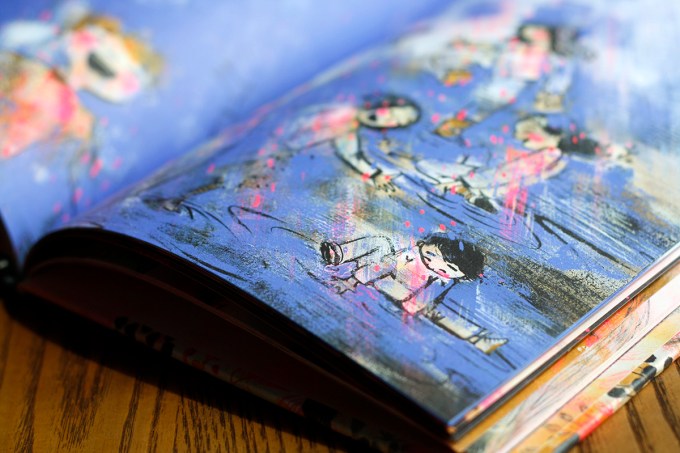
The tree in me
is seed and blossom,
bark and stump…
part shade,
and part sun.
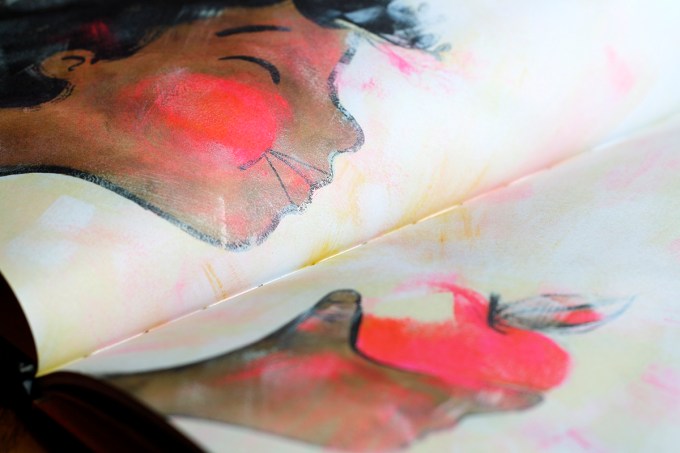
Inspired by Thich Nhat Hanh’s timeless and transformative mindfulness teachings, which she first encountered long ago in the character-kiln of adolescence and which profoundly influenced her worldview as she matured, Luyken considers the book “a seedling off the tree” from the great Zen teacher’s classic tangerine meditation — the fruition of her longtime desire to make something beautiful and tender that invites the young (and not only the young) to look more deeply into the nature of the world, into their own nature and its magnificent interconnectedness to all of nature. After years of incubation, after many trials that landed far from her vision, a spare poem came to her. Paintings grew out of the words. A book blossomed.
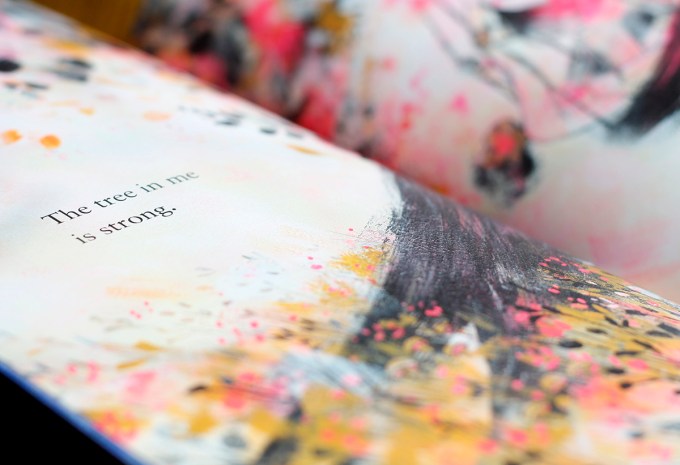
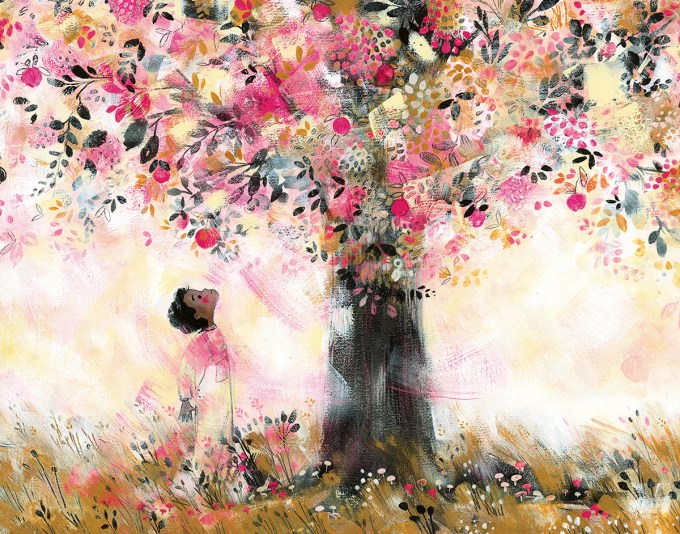
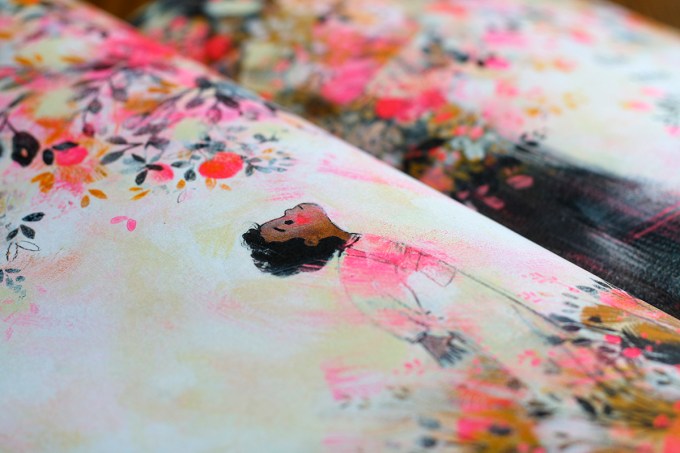
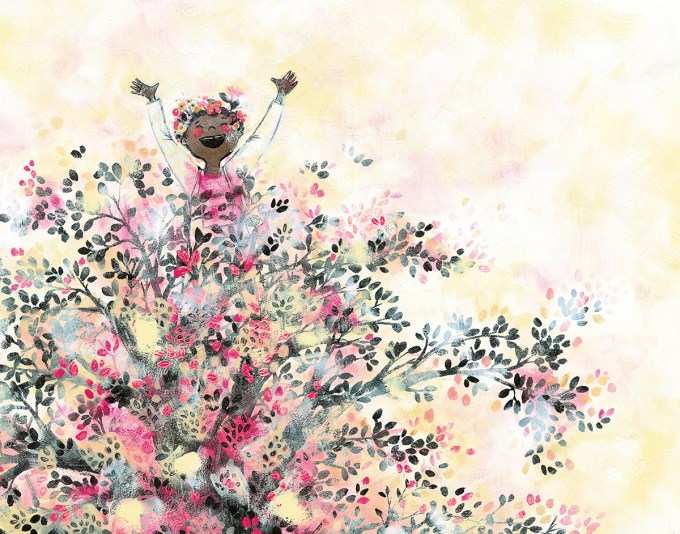
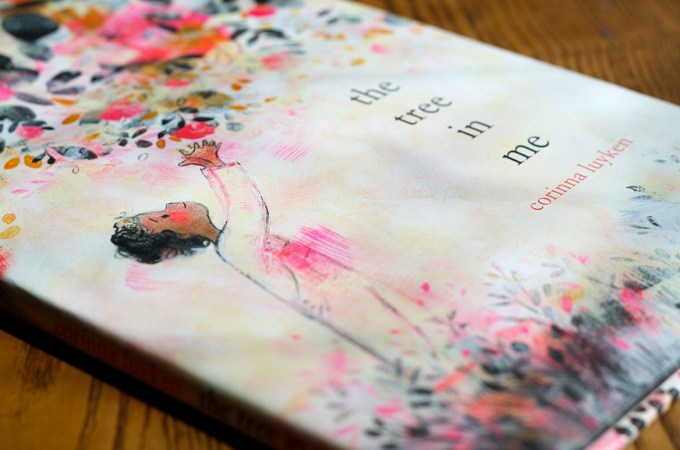
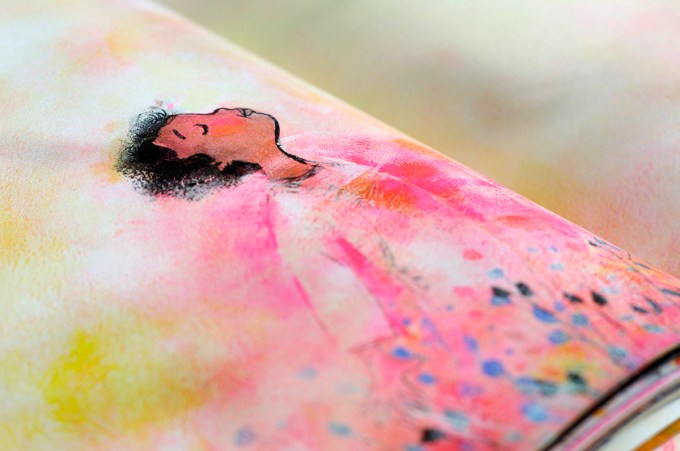
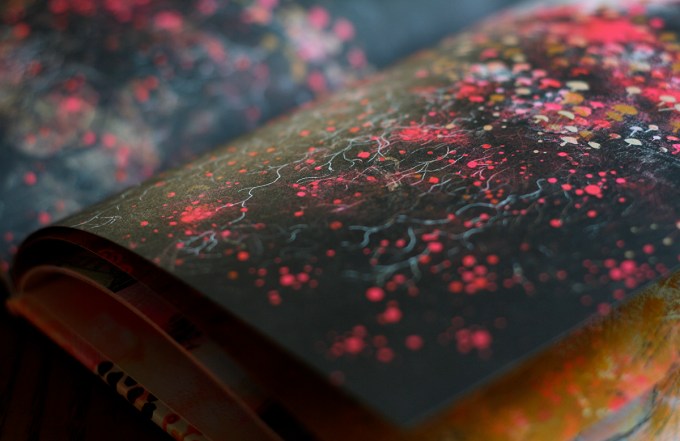
Artist and author Corinna Luyken draws on this intimate connection between the sylvan and the human in The Tree in Me (public library) — a lyrical meditation on the root of creativity, strength, and connection, with a spirit and sensibility kindred to her earlier emotional intelligence primer in the form of a painted poem.
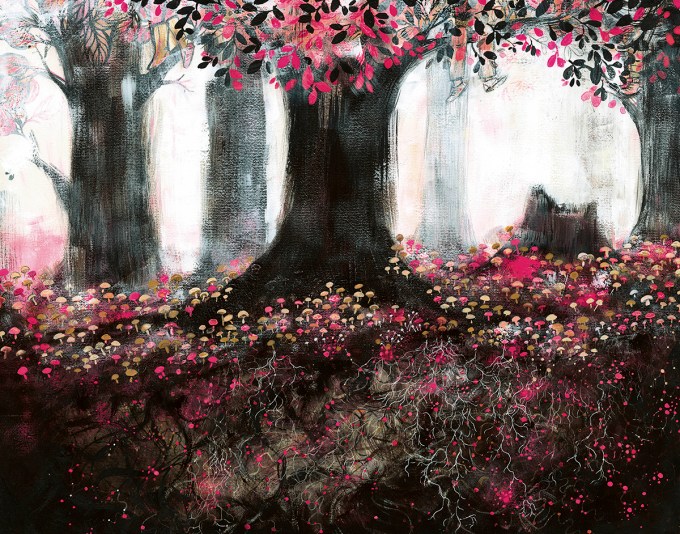
Illustrations by Corinna Luyken; book photographs by Maria Popova
